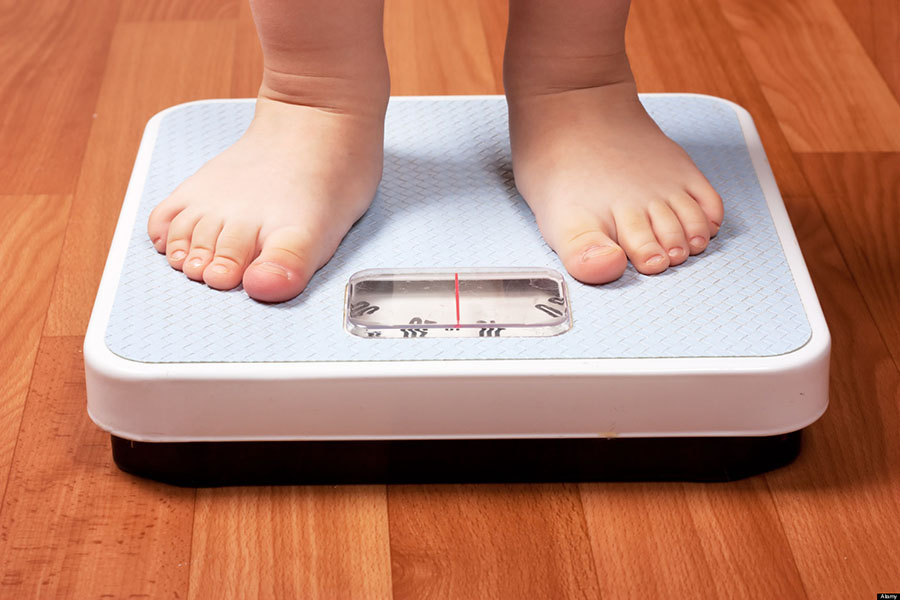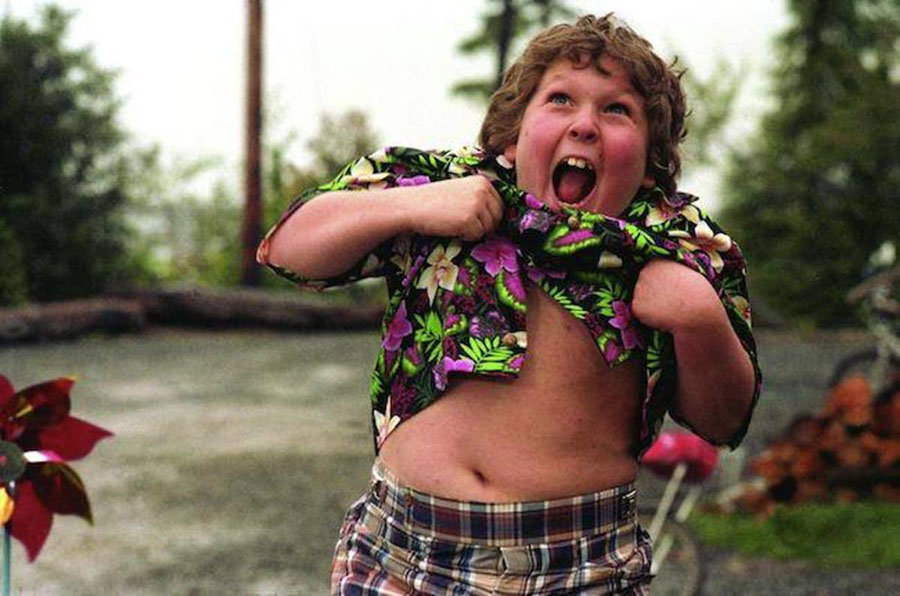More than a half of American children are going to be obese when they turn 30 years old, as a new study suggested Tuesday. The Harvard University researchers wrote that if US kids keep following the same unhealthy diets over the next three decades, 57 percent of the United States of America population will have excessive weight.
As the lead researcher and Ph.D. candidate at the school, Zachary Ward, wrote on the study, every child and young people whose ages are between 2 and 20 are going to have high levels of body mass when they grow up – even to consider them obese.
Ward told the NPR station WBUR that, as he sees it, children already have gained enough weight to “put them on a trajectory” that will be difficult to change as they “grow older.”
Although this is a “shocking and sobering number,” as the analyst at the Harvard TH Chan School of Medicine dubbed it, the researchers said that it didn’t “surprise” them.

Previous studies have determined this same projection after comparing how humans used to look and be decades ago, to how people are now. According to Ward, he expected the American people to head in that “direction” due to the “trends in weight gain over the past 40 years.”
“This could just become the new normal the way things are going,” Ward said. “There are areas of the country among some subgroups where we’re already approaching this level of obesity.”
After all of this, the researcher said that kids and young people suffering from obesity today could “benefit from early intervention” if they start having sugar and carbs-free diets while improving their physical education at their homes and schools.
This research was done along with a project named the Childhood Obesity Intervention Cost-Effectiveness Study (CHOICES), which seeks to solve children becoming obese by analyzing policies and creating affordable methods.
Doctors consider a person obese if its body mass index is 30 or higher.
The majority of children will be obese
The Harvard experts came to a conclusion after simulating a risk model. They studied body mass index – a number resulting from combining the height and weight of an individual – from five longitudinal studies. They used data from around 41,000 people between the ages of 2 to 20 who were continually checked over the year 2016.
That same data was used to create around 1,000 “virtual populations” of more than 1 million people who were under the age of 20.
In the end, the researchers saw that 3 out of five children were projected to be obese when they turned 35 years old.

What seemed to impress the scientist was that the older children had fewer chances of becoming obese than those who were younger. This trajectory of risk that the researchers dubbed as “striking” means that kids at their early life have more chances to suffer from overweight than those who are starting their adulthood.
“A two-year-old who is obese is more likely to be obese at 35 years of age than an overweight 19-year-old,” the scientists wrote. “A child who is severely obese at age two has only a one-in-five chance of not being obese by 35. By age five, that chance is halved to one-in-10.”
The researchers not only said that children who are already obese have high risks of continuing to suffer from the condition. They added that those who have a healthy weight right now might grow and develop obesity after they’re 20.
A world with more obese people
Although a June 2016 study predicted that America was starting to experience a decline in obesity among children aged 2 to 5 and that the condition had stabilized among children aged 6 to 11, a worldwide study estimated that the United States was leading the list of countries with more obese citizens.
According to the study, worldwide obesity has doubled since 1980, and America has the highest number of people suffering from this condition among the high-income countries.

Also, it suggested that 1 out of 3 US citizens are obese, and 1 of 7 children suffer from the condition.
“We’re having to learn how to treat hypertension and lipidemia and Type-II diabetes in kids,” said Dr Chris Bolling, a pediatrician in Kentucky and an expert in childhood obesity who was not involved in the study. “That’s new territory for pediatricians.”
The Harvard TH Chan School of Medicine said that obesity in children grew 60 percent in just 20 years, between 1990 and 2010. This past year, around 43 million children studying in preschool were considered to be overweight or obese.
Source: The New England Journal of Medicine
